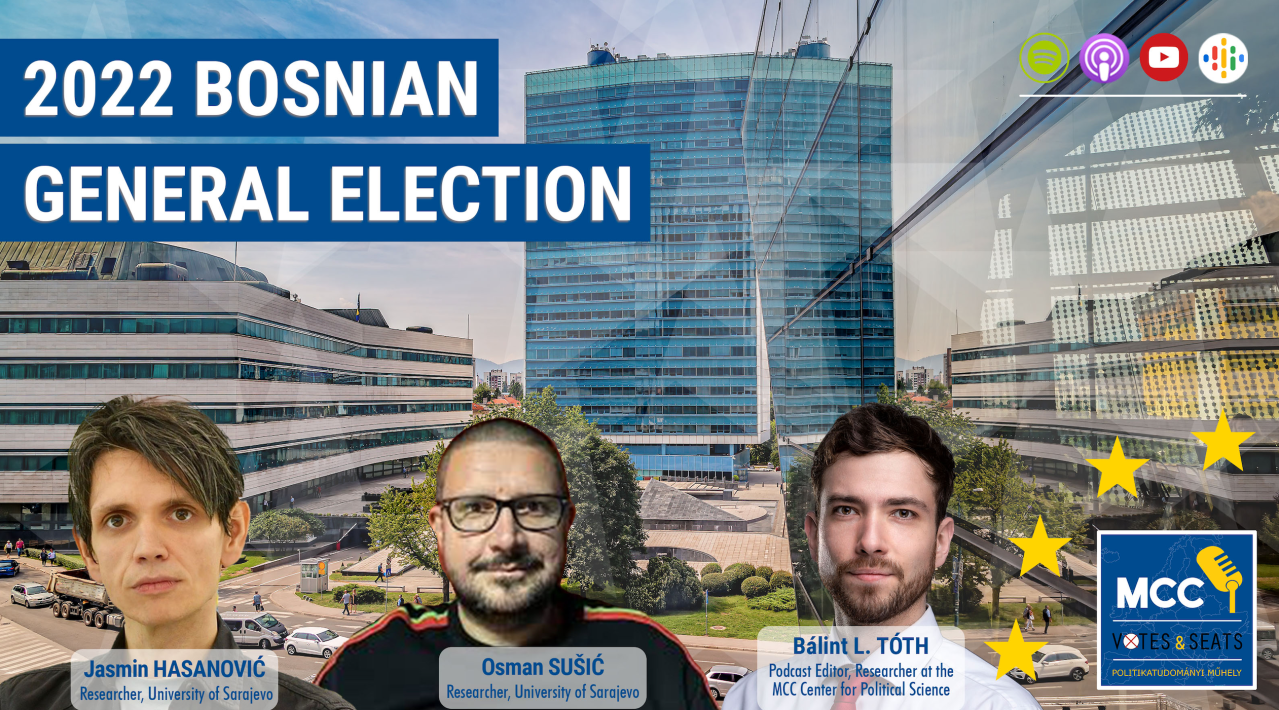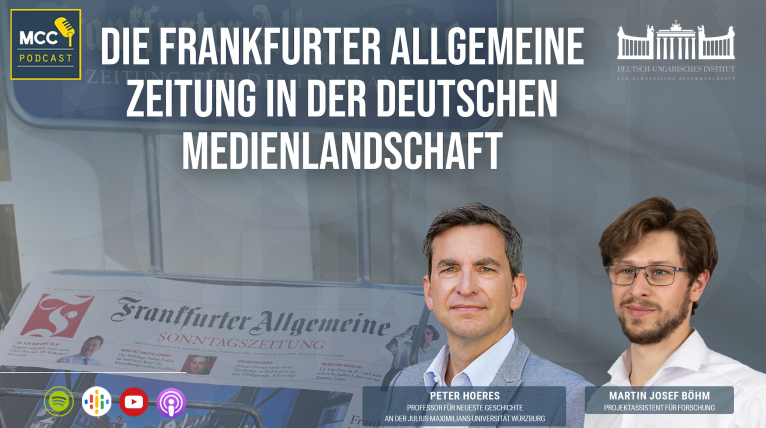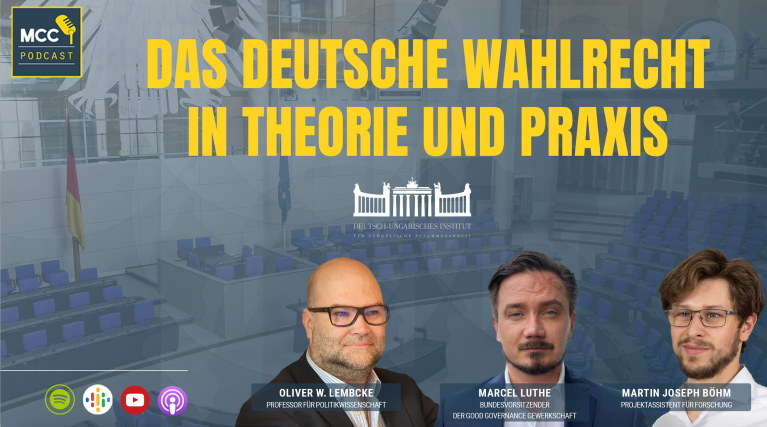The researchers had a markedly thought-provoking conversation about the background, results, and consequences of the October 2, 2022 general elections in Bosnia and Herzegovina. The country with Europe’s most complicated political and electoral systems decided on more than 500 future representatives of various national, federal, as well as cantonal legislative and decision-making bodies, including the 3 members of the collective state presidency and the lower house representatives of the federal parliament. Mr. Hasanović claimed that the Bosnian party system is missing ideological pluralization with such phenomenon being traceable only within certain political parties of distinct ethnic groups. Even the nominally multiethnic parties’ reach is limited exclusively to either the Bosniak (Muslim), Serb (Orthodox) or Croat (Catholic) electorate within the individual regions. Transethnic voting is almost non-existent: the parties either have to satisfy the ethnic majority’s demands, or they necessarily shall form a coalition with openly ethnic parties – should they not wish to remain in opposition. Mr. Sušić added that most political players in Bosnia cannot be systematized and differentiated based on the main ideologies and the classic right-to-left spectrum. The guest analysts stressed that each constituent ethnic group of Bosnia-Herzegovina has divergent and almost antagonistic political aspirations as for the country’s future. As far as the constitutional system is concerned, the general goal of the Bosniak population is keeping the status quo, while the Croats principally strive for the creation of their own entity or electoral constituency, meanwhile the major Serb parties (with their often separatist rhetoric) are constantly looking at transferring further powers from central political bodies to the Serb sub-state entity. The experts further highlighted that neither social issues nor national security concerns were addressed by the candidates, however, EU integration endeavors were strongly supported by all players during the campaign. Listen to the Votes & Seats podcast series’ latest edition for further interesting details about Europe’s undoubtedly most colorful country’s current political processes! With the help of guest experts and politicians, in the podcast series of MCC’s Centre for Political Science we endeavor to analyze which actors are the real winners of the parliamentary and municipal elections taking place this year in different European countries and what exactly can be considered a real victory after the ballot counts.









